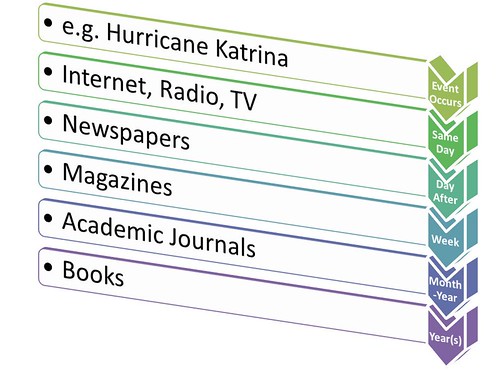Think about what sources you are going to use for your assignment, do you need to search for current up to date information or are you looking for more historical information?
What are the keywords?
You will need to think about your assignment topic:
(Studying effectively University of Nottingham)
Command words in a essay title or examination question instruct or direct the student in the approach they should take towards the proposition of the question. The exact meaning of these terms will vary depending upon the subject being studied.
Some examples of command words are:
|
Analyse: break an issue down into its component parts, showing how they relate. |
Examine: enquire into, attempt to discover, investigate, look closely into something. |
| Argue: make a case, based on appropriate evidence for and/or against some point of view. | Explain: tell how things work or how they come to be the way they are, including perhaps some need to describe and to analyse. |
| Assess: closely examine in a balanced way the value or importance of something, paying attention to positive , negative and disputed aspects or weaknesses and stating your own judgment clearly in the conclusion. | Identify: pick out what you regard as the key features or important issues of something. |
| Compare: Identify and discuss the characteristics or qualities two or more things have in common. | Illustrate: make clear and explicit by the discussion of specific examples or statistics to support your case. |
| Contrast: point out and discuss the difference between two things. | Justify: express valid reasons for accepting a particular interpretation or conclusion by addressing the main objectives likely to be made against them. |
| Criticise: give your judgment about a statement or a body of work as to the value or truth of something; discussing all the evidence that is available and indicating the criteria on which you base your judgment. | Outline: give the main features or the general principles of a topic or sequence of events, omitting minor detailed emphasisng structure or framework to show how they interrelate. |
| Define: set down the precise meaning or interpretation of something, give sufficient detail to allow it to be distinguished from other similar things. | Prove: demonstrating how something is true or false be presenting evidence. |
| Describe: give a detailed and comprehensive account of an ida or topic, or the sequence in which a series of things happened. | State: present the main points in brief, clear form. |
| Discuss: examine something in detail by considering different viewpoints and judging the arguments for and against, using the evidence to support what you say. | To what extent: explore the case for a stated proposition or explanation, much in the manner of assess and criticize , probably arguing for a less than total acceptance of the proposition. |
| Evaluate: consider the value and importance of something and weigh up its different aspects, citing evidence and argument in support of your case. | Verify: show to be true, or confirm. |
Once you have identified the command words or phrases you are going to use for your search, you must then decide what sources of information will work best for your assignment.
Are you required to cite and reference the recourses you use?

The Information Cycle is the progression of media coverage of a particular newsworthy event.
Understanding how the information cycle works will help you to know what kinds of information may be available on your topic as you locate and evaluate research sources.
Click here to see a short film give an informative look at the timeline of information and how this can affect your ability to find scholarly sources.
